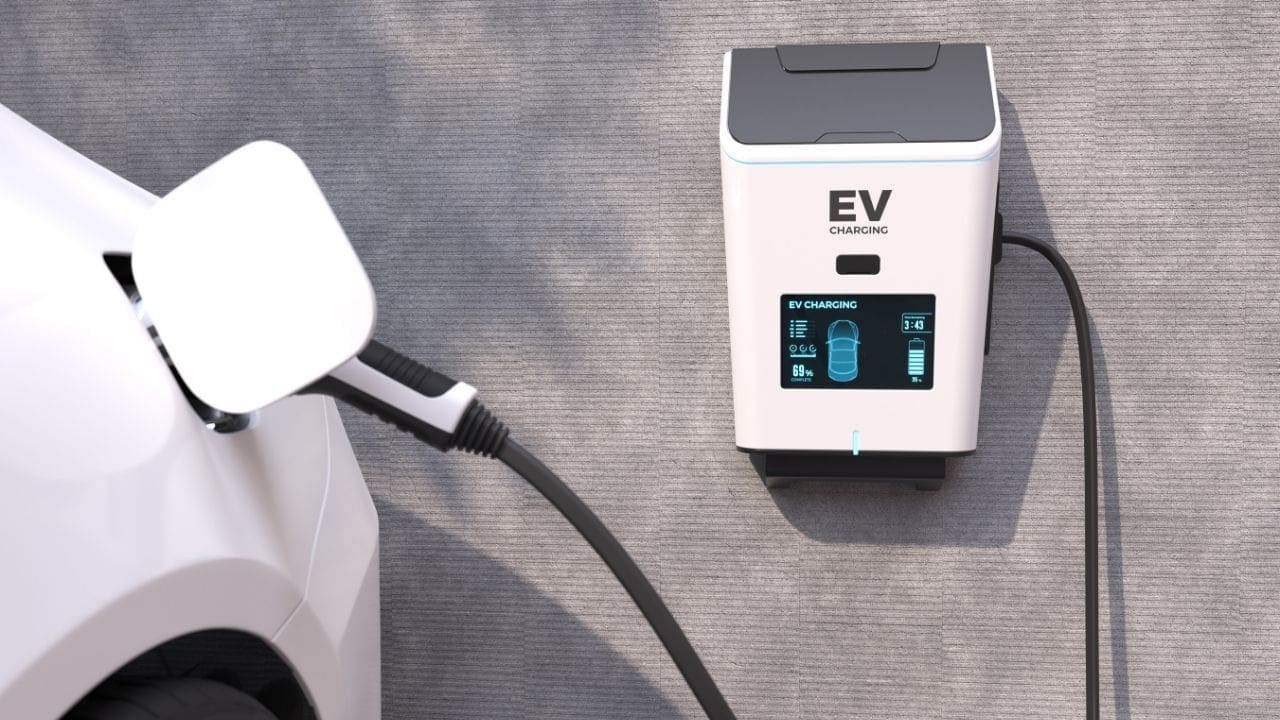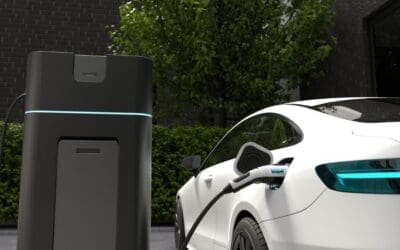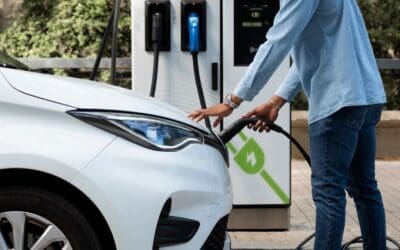1. Understand Your EV’s Charging Requirements
Understand your vehicle’s charging capacity first through understanding the owner manual of your vehicle. All electric cars can charge at maximum radiated dispersion under specific conditions. Making sure you choose a charger that corresponds with your car can ensure maximum charging speed.EVs typically support three levels of charging:
Level 1 Charging (120V): Utilizes a standard household outlet. It is slow, good for overnight charging and vehicles having smaller batteries.
Level 2 Charging: It requires a dedicated charging unit that charges faster at home or workplaces. Most EV owners prefer Level 2 chargers for everyday use.
DC Fast Charging (Level 3): Installed primarily at public vehicle charging locations, these chargers can provide 20 to 40 minutes of charging that equals 80% charge depending on the size of the battery and vehicle.
2. Decide Between Home and Public Charging Options
Another important thing is where are you going to charge your EV.Home EV Chargers: These chargers at your home are the ultimate convenience. Using your car’s scheduling feature for charging can help you save money as it takes advantage of off-peak electricity rates and wakes you up to a full car. Smart chargers for home charging features like Wi-Fi connection, app control, and energy monitoring, catch eco-charges.
Public Car Charging Stations: Drivers who travel often or lack home charging facilities depend on public car charging stations for long drives. The stations include Level 2 chargers, often installed in shopping centers and parking lots, as well as high-powered DC fast chargers on highways. Always choose a charger compatible with public networks so you can charge anywhere.
3. Check for Compatibility
Not all EV chargers work with every vehicle. Connector types vary by manufacturer, and ensuring compatibility is essential. Common connector types include: Type 1 (SAE J1772): Standard for most North American EVs. Type 2 (Mennekes): Common in Europe and increasingly available globally. CCS (Combined Charging System): Supports DC fast charging and is compatible with most modern EVs. CHAdeMO: Popular with some Japanese models for fast charging. Always check your EV’s specifications and ensure the charger you choose supports your car’s connector type and charging capabilities. Using an incompatible charger can result in slow charging, safety risks, or even vehicle damage.4. Evaluate Charging Speed and Power
Charging speed is an important factor if you use your EV for daily commutes or longer trips. DC fast chargers typically provide 50 kW or higher, while level 2 chargers typically provide 3.3 kW to 22 kW.5. Consider Safety Features
Safety should never be compromised while picking an EV charger. High-quality chargers include features such as:- Overcurrent and overload protection.
- Ground fault protection.
- Temperature monitoring.
- Surge protection.
6. Explore Smart Features
These days, most EV chargers come with smart features that help to improve convenience.- Mobile Apps: Check charging status, schedule sessions, and get notifications.
- Keep an eye on your energy consumption and charge at the proper times.
- Start or stop charging from a distance.
7. Budget and Incentives
The EV charger prices depend on features, power output, and brand. A home charger at the basic Level 2 could cost anywhere from $400 to $700, while smart chargers can be more than $1,000.8. Future-Proof Your Charging Solution
As the EV market evolves, so do charging standards. For long-term use, you should select a scalable charger that can work with future vehicles. Using a charger with a higher power capacity or one that receives firmware updates protects your investment.FAQs About Choosing an EV Charger
1. What is the difference between Level 1, Level 2, and DC fast chargers?
2. Can I use any EV charger for my electric car?
Not necessarily. Your charger must be compatible with the connector type of your car and the charging capacity.
3. How long does it take to charge an EV at home?
4. Are smart EV chargers worth it?
Conclusion
When deciding on an ideal charger for EVs, one should consider their vehicle’s needs, charging at home or public area, compatibility and features. When you pick a home Charger or plan routes using public car charger stations, you are assured of convenience, safety and peace of mind.With offices in Ijamsville, MD & Linville, VA, Got Electric offers residential and commercial electric work, including installation, safety inspections, repairs, lighting design, and troubleshooting.
Got Electric also specializes in solar Energy Projects. Our electricians are fully licensed by state and local jurisdiction, ensuring that your electrical projects will be installed to industry and code standards.
Energized by Auxilium Technology






